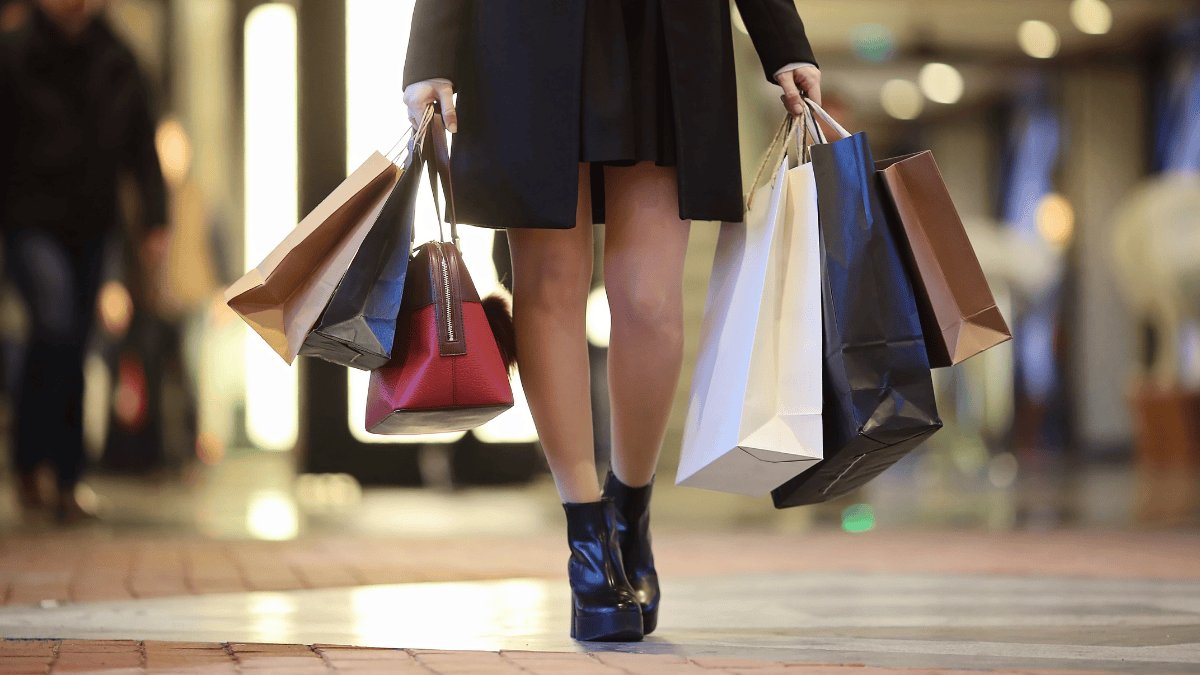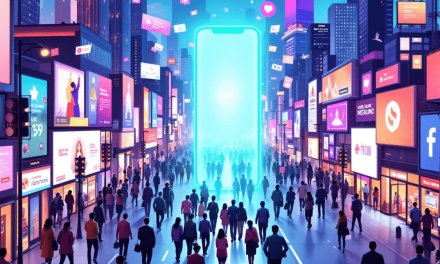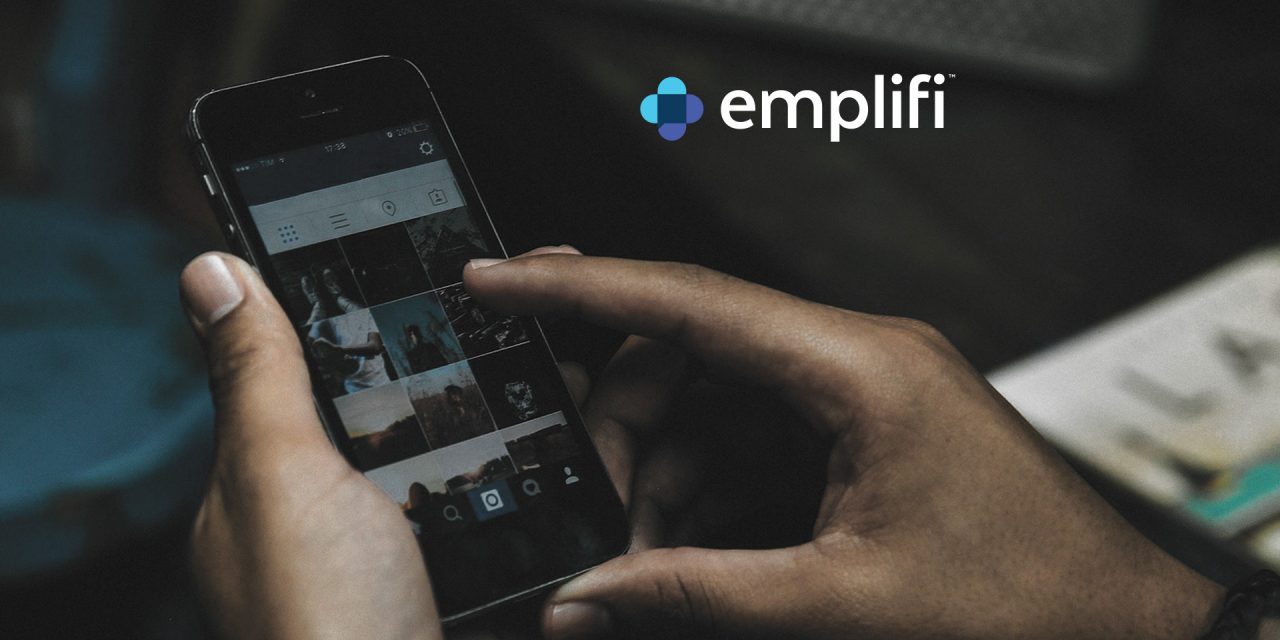Instagram has the highest engagement rate and share-of-voice, says a report by Emplifi.
Interactions on Instagram rose by 12.7% in comparison to 2020, totaling 1.69M interactions, achieved through a 1.2% increase in the number of content pieces, 5,409 in 2020 to 6,219 in 2021.
With 99% of the Singapore audience having at least one active social media account, the channels play a crucial role in driving engagement and actions. In 2021, Twitter accounted for the largest proportion of published content at 53.01% or 30,671 tweets. However, interactions were 2.16%, or 158,737 interactions. Facebook, which made up over 30% of content across platforms, received the largest share of interactions at 72.9%, or 5.37 million interactions.
These are the findings from the “Singapore Government Performance Benchmark – 2021 Year in Review” report by Emplifi, the unified customer experience platform.
The report highlights how the country’s 50 statutory bodies and 16 ministries leveraged leading social media channels (Facebook, Twitter, Instagram, and YouTube) to engage with Singapore residents on a wide array of topics, including vaccination, environment, social and political conversations, and others.
Leveraging an omnichannel approach
Traditionally ministries and statutory boards have leaned towards Facebook and Twitter, however, in 2021, Instagram emerged as the platform with the highest engagement rate (1.18%) and share-of-voice (70.7%). Conversely, Facebook, YouTube and Twitter saw declines in their share-of-voice.
Among the top five most engaging campaigns, the National Parks Board (NPB) #CityInNatureSG campaign came in on top, with 191,237 interactions across Facebook, Instagram and Twitter. Gov.sg #IGotMyShot, MOH Covid-19 Vaccination, Gov.sg TestTraceVaccinate and MOE #OurSchoolStories campaigns complete the top 5 campaigns.
Three out of the top five campaigns saw Instagram drive the majority of interactions. #CityInNatureSG gathered 137,605 interactions (72% of total interactions), while #TestTraceVaccinate earned 82,884 interactions (84.1% of total interactions). This highlights the opportunity for government bodies to tap into Instagram to engage their ever-growing millennial and GenZ audience.
Moving ahead of static social media content, the ministries and statutory bodies also used short-form videos, which were the best performing content pieces. Singapore Tourism Board’s (STB) YouTube content skyrocketed in 2021, with a total of 32,683,601 views for the year, having released 157 videos. This took STB from 29th position in 2020 (101,583 views) to the top-performing government body by YouTube video views. The top six videos received a range of 2.5m to 7.5m views, and all six videos were part of SingapoReimagine Global Conversations series.
“Social media emerged as a crucial platform to keep people informed and aware during the pandemic. Now, as the world gradually eases restrictions, social channels continue to prove their effectiveness to initiate two-way dialogues”, said Varun Sharma, Vice President, Asia Pacific & Japan, Emplifi.
Top performers of 2021
In 2021, the National Environment Agency (NEA), Ministry of Health (MOH) and Ministry of Education (MOE) were the top three content publishers, while the Public Utilities Board (PUB) made a significant jump from 12th to 4th position from 2020. MOH and Ministry of Defence (MINDEF) received the highest audience engagement, with MOH the only government body to surpass two million interactions, with 96.2% of engagement taking place on Facebook. MOH, Ministry of Defence (MINDEF) and National Parks Board (NPB) drove the highest interactions.
Collectively, statutory boards produced three times more content than ministries in 2021. However, ministries received better engagement, with over 4.2 million total interactions versus over three million interactions received by statutory boards.
User-generated content drove social media engagement
The report’s findings highlight the rising popularity of user-generated content (UGCs) in driving audience engagement. In comparison to 2020, the audience was 8.9% more engaged with government profiles, with almost half (48.2%) of user-generated content published in 2021. Overall, UGCs from government profiles grew 1.4 times, from 37,621 content pieces in 2020 to 54,525 content pieces in 2021. The share of interactions on UGC also saw an uplift of 1.22% to 2.38% in 2021.
In terms of method of interaction, Replies topped the engagement charts in 2021, with a lead of 39.2%, followed by Shared (34.08%) and Posts (26.72%) in 2021. This contrasts with 2020 trends which saw Shares being the most popular reaction followed by Posts and Replies.
“There has never been a one-size-fits-all approach when it comes to creating content for social media. This has led government bodies to innovate their social media strategies to ensure they are reaching the right segment of the audience, with the right message at the right time. We are now starting to see many public sector bodies moving onto TikTok, including STB, National Parks and NEA. We expect TikTok to become more widely used in 2022 as organizations become more comfortable with the format. The mix of social channels to drive public action and engagement is good to see and sets a great case study for marketers,” added Sharma.

















